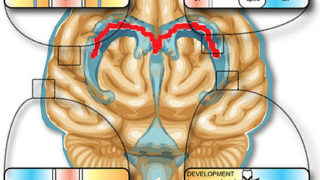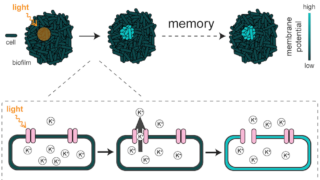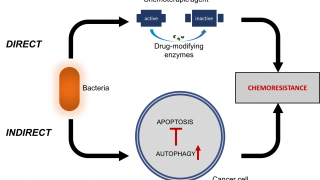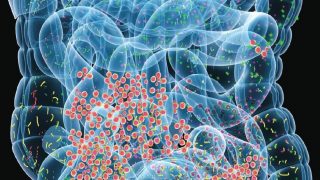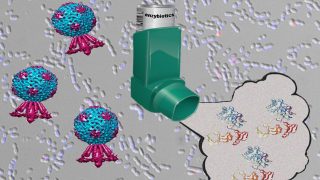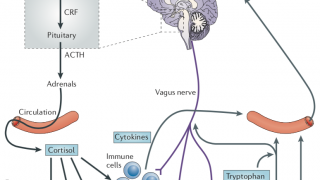
Seti: how microbes could communicate with alien species
Astronomy • Biology • Microbiology • Physics
Authors: Predrag Slijepcevic, Senior Lecturer in Biology, Brunel University London and Nalin Chandra Wickramasinghe, Honorary Professor, University of Buckingham Are we alone in the universe? The famous Seti (Search for Extraterrestrial Intelligence) programme has been trying to answer this question since 1959. American astronomer Carl Sagan, and many others, believed that other human-like civilisations must […]
